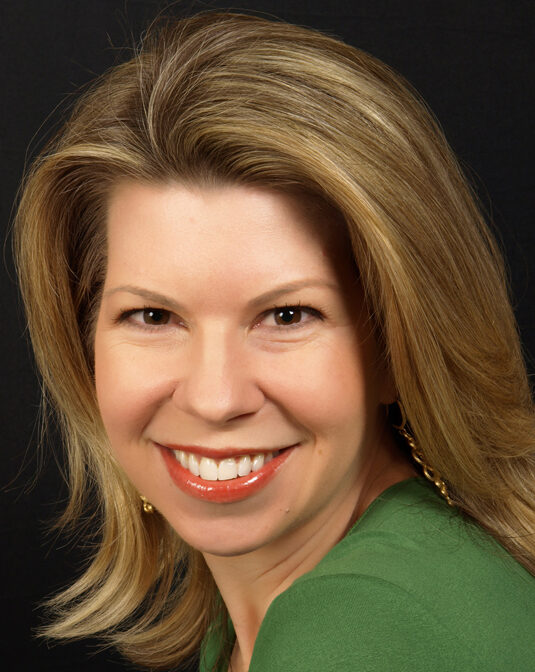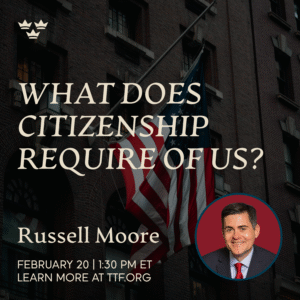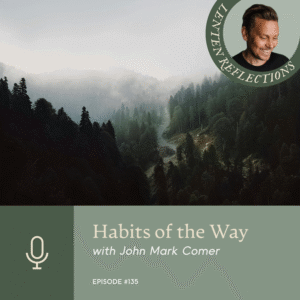The Brave In-Between with Amy Low
June 7, 2024
Overview
Speakers
-
 AMY LOW
AMY LOW -
 CHERIE HARDER
CHERIE HARDER
SHARE

